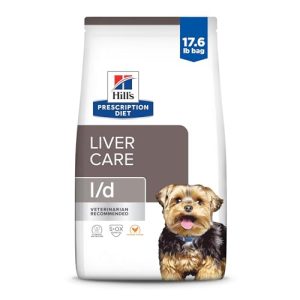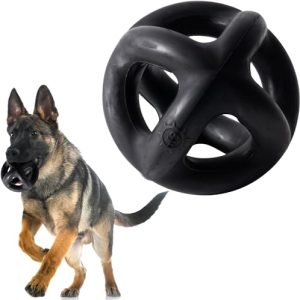Are you worried about parasites making your dog uncomfortable or sick? You want to protect your furry friend, but you might be unsure about what’s safe and effective to give them.
Parasites can cause serious problems, and finding the right treatment can feel overwhelming. You’ll discover clear, simple answers about what you can give your dog to fight parasites and keep them healthy. Keep reading to learn how to protect your best friend from unwanted pests the right way.
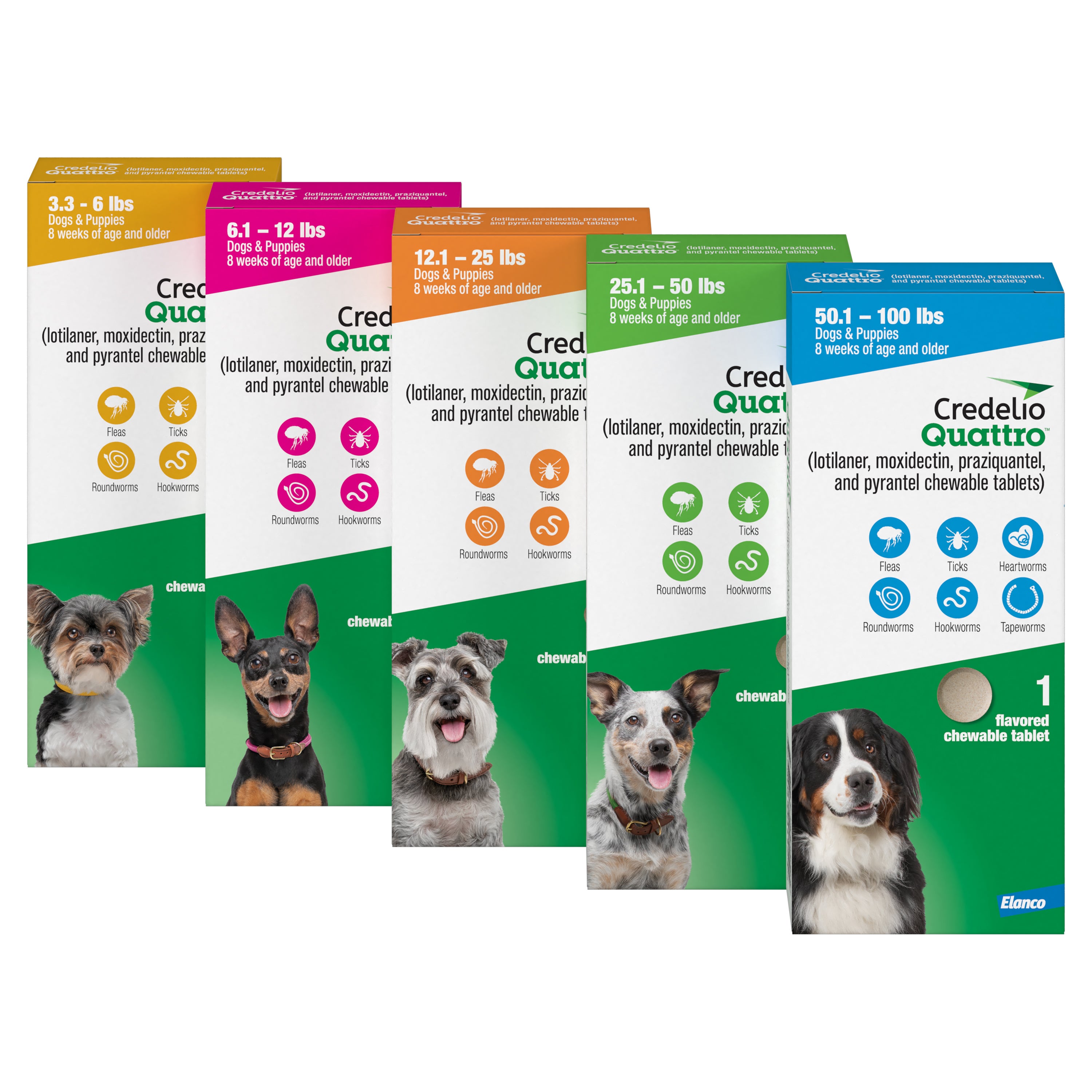
Credit: yourpetandyou.elanco.com
Common Dog Parasites
Parasites can cause serious health issues for your dog, so knowing what you’re dealing with is crucial. Common dog parasites fall into two main categories: internal and external. Each type affects your dog differently and requires specific treatments to keep your furry friend safe and healthy.
Types Of Internal Parasites
Internal parasites live inside your dog’s body, often in the intestines or other organs. The most common types include:
- Roundworms:These are the most frequent intestinal parasites in dogs, especially puppies. They can cause weight loss and a pot-bellied appearance.
- Hookworms:They latch onto the intestinal walls and suck blood, leading to anemia and weakness.
- Tapeworms:Often spread by fleas, tapeworms appear as small rice-like segments around the dog’s anus.
- Whipworms:These parasites live in the large intestine and cause diarrhea and weight loss.
- Heartworms:Transmitted by mosquitoes, heartworms can clog your dog’s heart and lungs, posing a serious threat.
Have you noticed unexplained weight changes or digestive problems in your dog? These could be signs of internal parasites needing immediate attention.
Types Of External Parasites
External parasites live on your dog’s skin or fur, causing irritation and sometimes transmitting diseases. Common external parasites include:
- Fleas:Tiny, jumping insects that cause itching and can lead to flea allergy dermatitis.
- Ticks:These attach firmly to your dog and can transmit Lyme disease or other infections.
- Mites:Microscopic parasites causing mange, which results in hair loss and skin infections.
- Lice:Though less common, lice can cause itching and discomfort, especially in neglected dogs.
Does your dog scratch more than usual or have bald spots? External parasites might be the hidden culprits.
Signs Of Parasite Infestation
Detecting parasites early makes treatment easier and prevents health complications. Watch for these signs:
- Persistent scratching, licking, or biting at the skin
- Visible parasites like fleas or ticks on fur or skin
- Diarrhea, vomiting, or changes in appetite
- Weight loss or a bloated belly
- Fatigue or reduced activity levels
- Dry, flaky skin or hair loss
Have you paid close attention to your dog's behavior and appearance lately? Catching these signs early can save your dog from discomfort and serious illness.
Vet-approved Medications
Veterinarians recommend specific medications to treat parasites in dogs safely. These drugs target common parasites like worms and fleas effectively. Always consult a vet before giving any medicine to your pet.
When your furry friend is battling parasites, it’s crucial to choose treatments that are both effective and safe. Vet-approved medications offer a reliable solution to protect your dog from harmful parasites. These medications are rigorously tested and specifically designed to target different types of parasites, ensuring your pet stays healthy and happy.Prescription Dewormers
Prescription dewormers are a go-to option for treating internal parasites like roundworms, hookworms, and tapeworms. Unlike over-the-counter options, these medications are tailored to your dog’s specific needs and are more potent. Your vet will prescribe the right dosage based on your dog’s age, weight, and the type of parasite, ensuring maximum effectiveness. Imagine your dog bouncing back to its playful self after a targeted deworming treatment. It’s a relief knowing that the medication is working efficiently. Have you considered consulting your vet for the best deworming plan for your pet?Topical Treatments For Fleas And Ticks
Topical treatments are excellent for dealing with external parasites like fleas and ticks. These medications are applied directly to your dog’s skin, often between the shoulder blades, where they spread across the body. This method not only kills existing fleas and ticks but also repels new ones, providing ongoing protection. Think of it as a protective shield for your pet. It’s comforting to see your dog enjoying the outdoors without the constant itch or discomfort. Are you currently using a topical treatment, or is it time to explore this option for your canine companion?Oral Parasite Preventatives
Oral parasite preventatives offer a convenient and effective way to keep parasites at bay. These chewable tablets are often flavored, making them a treat for your dog while ensuring they receive the necessary protection. They target a variety of parasites, including heartworms, fleas, and intestinal worms, with just one dose. Watching your dog eagerly take their oral medication as if it’s a treat is both amusing and reassuring. It simplifies the process and ensures they’re protected without fuss. Have you tried oral preventatives to safeguard your dog’s health?Natural Remedies For Parasites
Natural remedies offer gentle ways to help your dog fight parasites. These options often support the dog’s immune system and improve overall health. Using nature’s resources can reduce reliance on strong chemicals and keep your pet safe.
Herbs And Supplements
Some herbs have properties that may repel or kill parasites. Examples include:
- Garlic – in small amounts, it may help prevent parasites.
- Pumpkin seeds – known to support digestive health and expel worms.
- Neem – used traditionally to fight parasites and improve skin health.
- Probiotics – boost gut health and may reduce parasite growth.
Always consult a vet before adding herbs or supplements. Dosage and safety depend on your dog’s size and health.
Essential Oils And Their Uses
Some essential oils can repel parasites or soothe irritated skin. Common oils for dogs include:
- Lavender oil – calms skin and repels fleas.
- Tea tree oil – fights bacteria and parasites but must be diluted.
- Eucalyptus oil – deters ticks and fleas.
Never apply essential oils directly without dilution. Use oils carefully and under professional advice to avoid toxicity.
Dietary Changes To Combat Parasites
Feeding your dog a parasite-fighting diet helps maintain a healthy system. Include:
- Raw or cooked pumpkin seeds mixed in meals.
- Foods rich in fiber to support digestion.
- Fresh vegetables like carrots and spinach.
- High-quality protein to boost immunity.
Hydration is vital for flushing out toxins and parasites. Always provide clean, fresh water.
Safe Home Practices
Safe home practices are essential to keep your dog free from parasites. By maintaining a clean environment and taking simple preventive steps, you can reduce the risk of infections and protect your furry friend’s health. These everyday habits not only help treat existing issues but also stop new ones from developing.
Regular Grooming And Bathing
Grooming your dog regularly helps spot parasites like fleas and ticks early. Use a fine-toothed comb to check through the fur, especially behind the ears and under the legs. Bathing with a gentle, parasite-repellent shampoo can wash away eggs and larvae before they cause problems.
Have you noticed how your dog’s behavior changes after grooming? Sometimes, simply brushing them can reduce itching caused by parasites. You don’t need to bathe your dog daily—just enough to keep their coat clean and parasite-free.
Cleaning And Disinfecting Living Areas
Your dog’s bedding, toys, and living areas can harbor parasite eggs and larvae. Wash bedding in hot water weekly and vacuum floors and furniture often to remove any hidden pests. Use pet-safe disinfectants to clean surfaces and prevent reinfestation.
Consider how many places your dog touches daily—doorknobs, carpets, and even your couch. Keeping these areas clean stops parasites from spreading and makes your home safer for everyone. What cleaning routine do you follow to protect your pet?
Preventing Parasite Exposure Outdoors
Parasites often hitch a ride from grassy or wooded areas. Avoid walking your dog in tall grass or heavily infested zones, especially during peak tick season. Use protective gear like flea collars or spot-on treatments recommended by your vet before outdoor activities.
After walks, check your dog thoroughly for ticks and other pests. Simple actions like wiping paws and inspecting the coat can save you from bigger health issues later. Could a quick outdoor check become part of your daily routine?
When To See A Vet
Knowing when to see a vet is crucial if you suspect your dog has parasites. Timely professional care can prevent complications and ensure your furry friend recovers quickly. Understanding the signs and follow-up steps helps you act confidently and protect your dog’s health.
Symptoms Requiring Immediate Attention
Watch for severe vomiting or diarrhea that lasts more than 24 hours. If your dog shows signs of weakness, pale gums, or rapid breathing, these can indicate serious internal issues. Sudden swelling of the abdomen or persistent coughing also calls for urgent vet care.
Parasite infections can sometimes cause visible worms in your dog’s stool or vomit. Don’t ignore sudden changes in appetite or unexplained weight loss. If your dog seems lethargic or disoriented, it’s time to get professional help immediately.
Follow-up Testing And Treatments
After initial treatment, your vet might recommend stool tests to confirm all parasites are gone. Regular check-ups help catch any re-infestation early before symptoms return. Follow the vet’s advice on medication schedules and do not stop treatments early, even if your dog looks better.
Sometimes, more than one type of parasite may be present, requiring different medications. Your vet can tailor a treatment plan based on test results and your dog’s specific needs. Keeping a treatment record helps you track progress and share information with your vet during visits.
Long-term Parasite Management
Ask your vet about preventive medications to protect your dog year-round. Parasites can return if you don’t maintain ongoing protection, especially in outdoor or high-risk environments. Simple steps like regular deworming and flea control make a big difference.
Consider lifestyle adjustments recommended by your vet, such as cleaning your dog’s bedding frequently or avoiding certain areas during parasite season. Staying informed and proactive reduces the chances of repeated infections. What daily habits could you change today to keep your dog parasite-free?
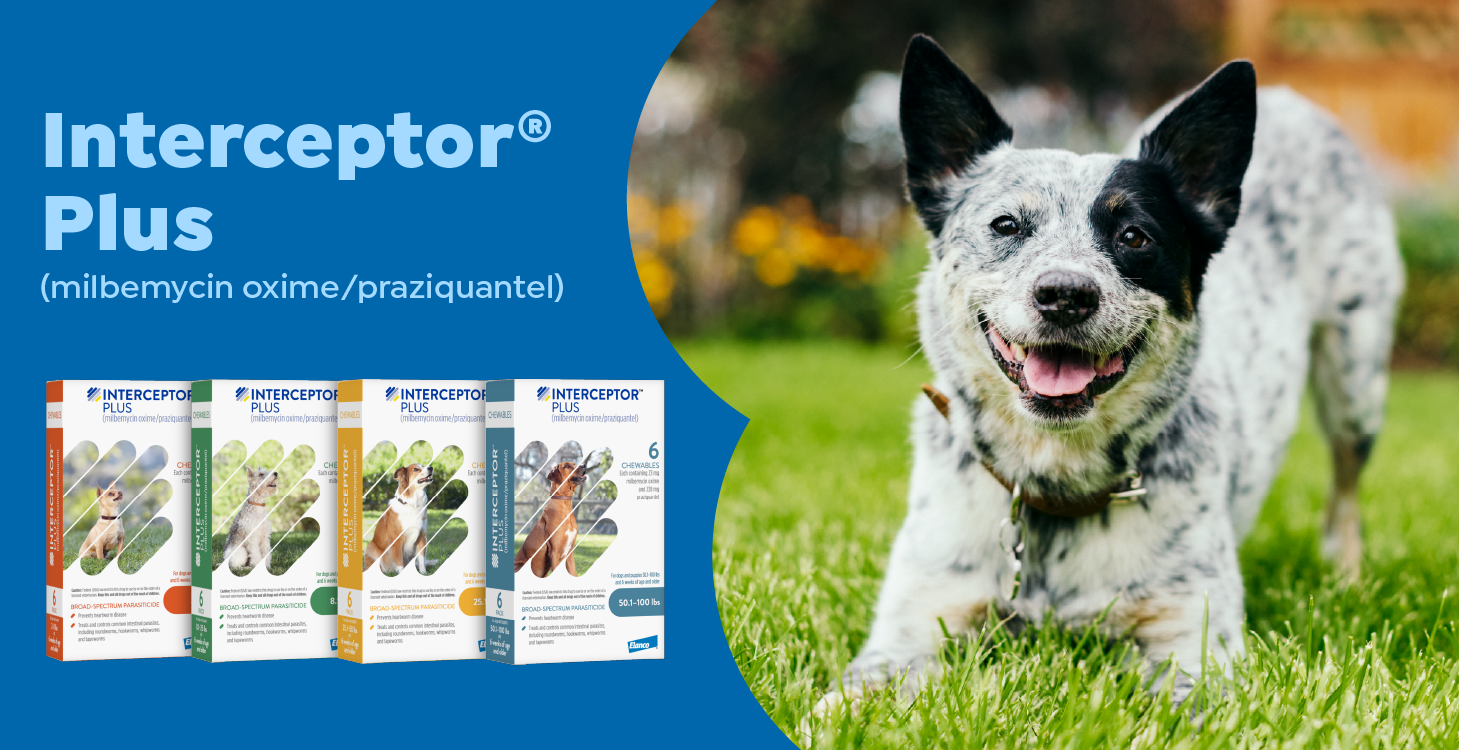
Credit: my.elanco.com
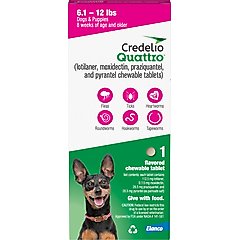
Credit: www.petmd.com
Frequently Asked Questions
What Are Common Medications For Dog Parasites?
Common medications include dewormers like pyrantel pamoate and praziquantel. These treat roundworms, hookworms, and tapeworms effectively. Your vet can prescribe the right medication based on the parasite type and severity.
Can Natural Remedies Help Eliminate Dog Parasites?
Some natural remedies like pumpkin seeds and diatomaceous earth may help. However, they are not always effective alone. Consult your vet before using natural treatments to ensure safety and proper parasite control.
How Often Should I Deworm My Dog?
Deworming frequency depends on your dog’s age and lifestyle. Puppies need monthly treatment until six months old. Adult dogs should be dewormed every 3 to 6 months or as advised by your vet.
Are Over-the-counter Parasite Treatments Safe For Dogs?
Over-the-counter treatments can be safe if used correctly. Always follow label instructions and consult your vet first. Some parasites require prescription medications for effective and safe treatment.
Conclusion
Treating your dog for parasites is important for their health. Always choose safe and proven medicines. Natural remedies can help but talk to a vet first. Keep your dog’s environment clean to stop parasites. Regular check-ups catch problems early. Watch for signs like itching or weight loss.
Protect your dog to keep them happy and strong. Small steps make a big difference in parasite control. Your dog deserves the best care every day.

Emily Barker is the founder of ChillDogLife.com, a space dedicated to helping pup parents discover the best dog products, lifestyle tips, and cozy ideas for happier homes.
A lifelong dog lover, Emily combines her passion for pets with a knack for research to share trusted recommendations on everything from toys and furniture to health and everyday care.
Her goal is simple: to make life easier, stylish, and more joyful for dogs and the people who love them.





